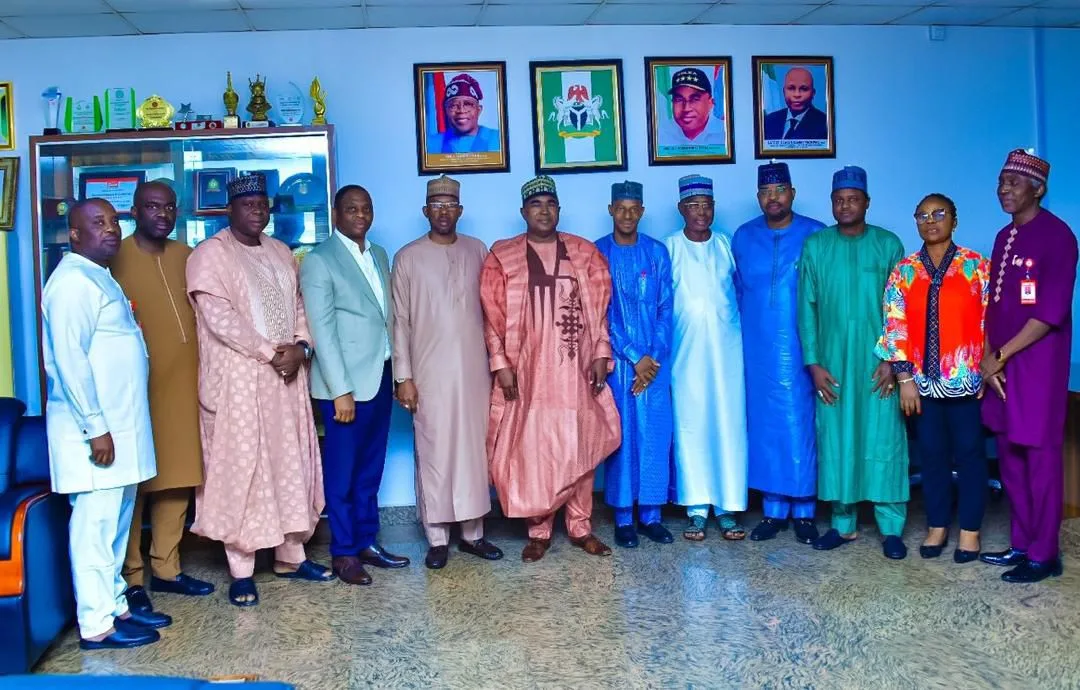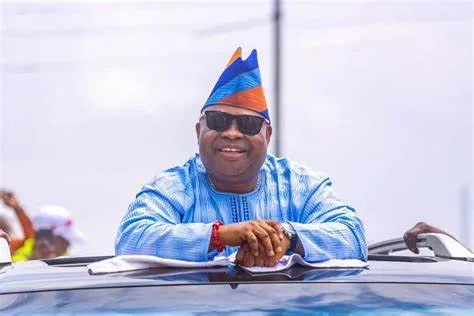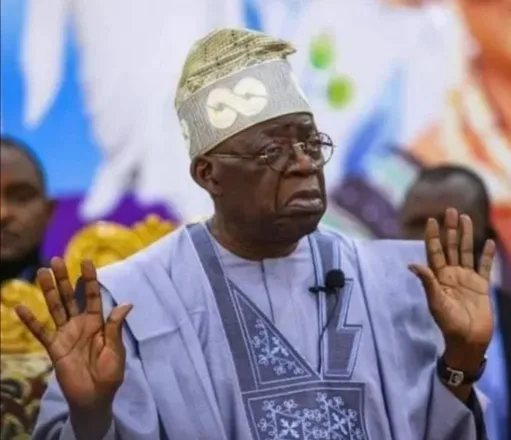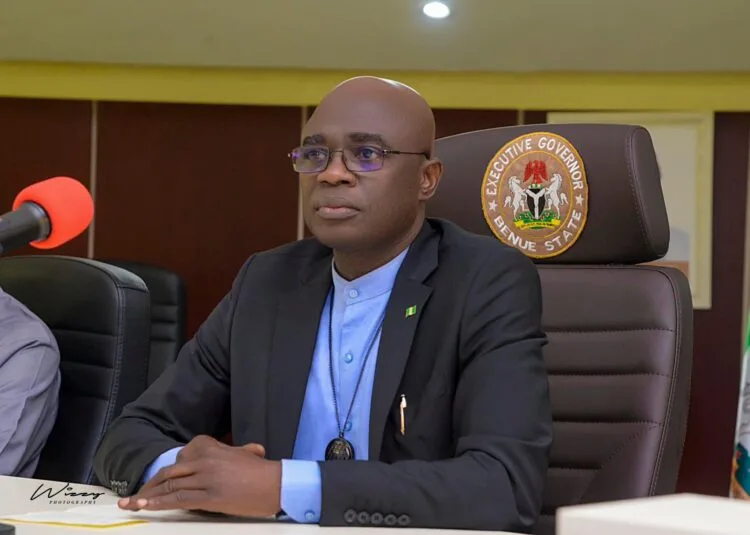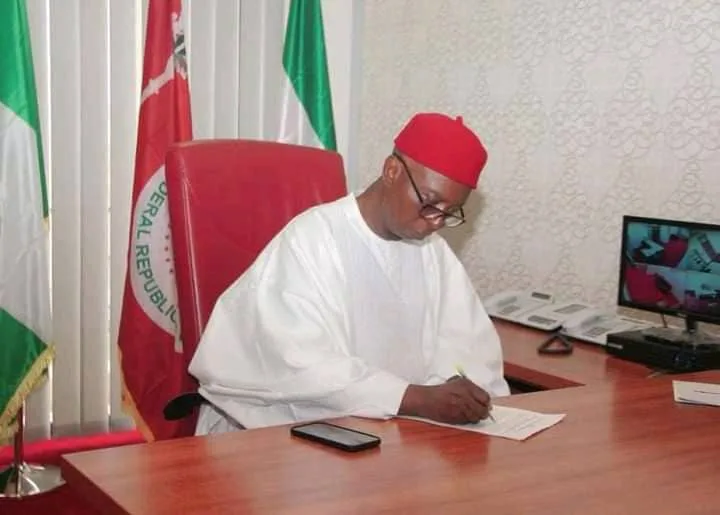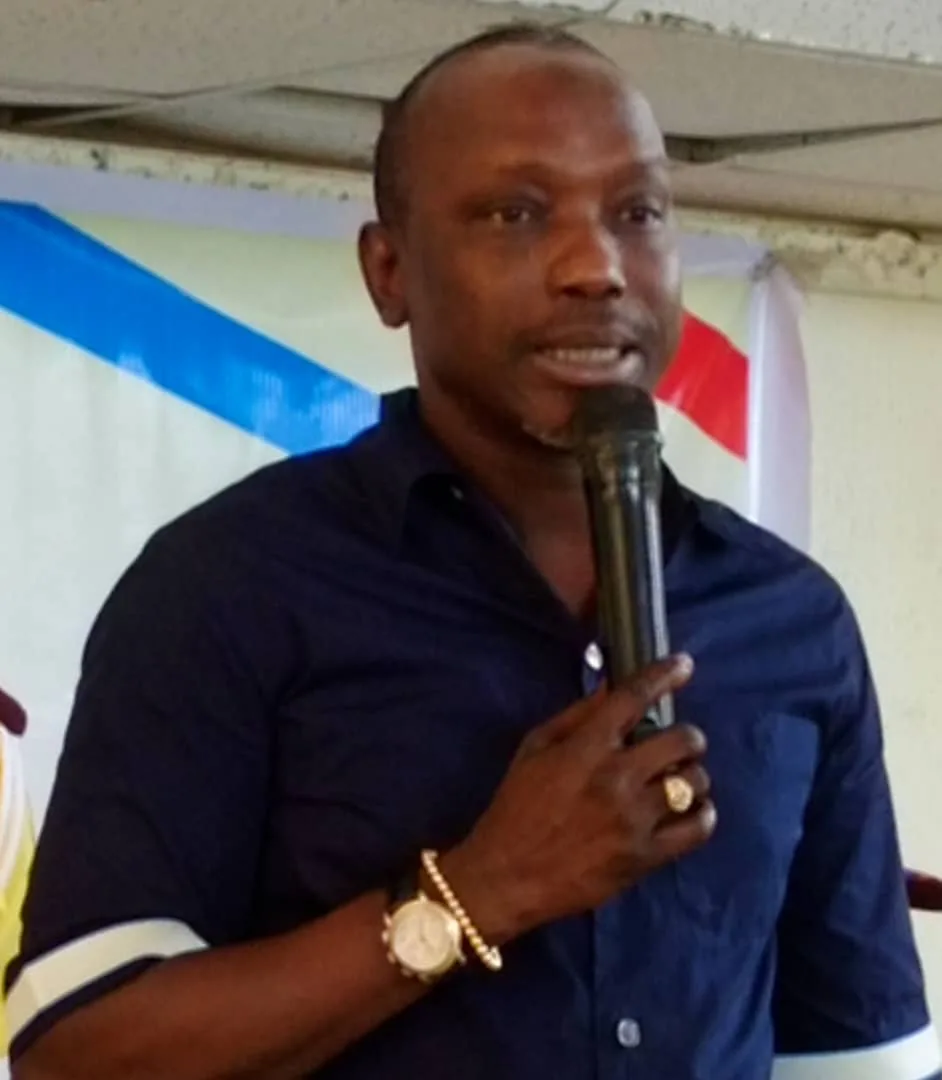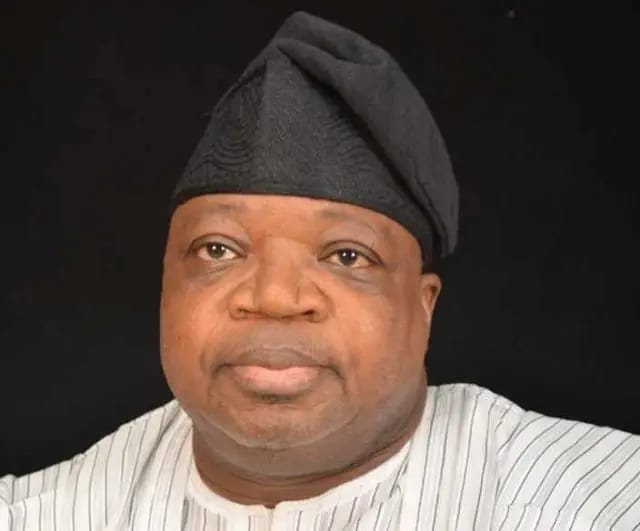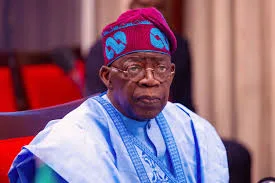When I wrote my column last week about being sick and tired of being sick and tired, I had not the slightest inkling that it would resonate with such vast and varied strata of the Nigerian public sphere. I merely wanted to ventilate the pent-up disillusionment that had welled up in me over time and expected most people to ignore my self-absorbed rumination.
Columnism is, after all, self-expression before it is public commentary. In fact, all forms of writing are conscious and unconscious self-portraitures. As Nobel-Prize-winning South African author John Maxwell Coetzee noted in his 1994 book titled Doubling the Point, “All writing is autobiography; everything that you write, including criticism and fiction, writes you as you write it.”That was why I was overcome with pleasant disbelief by the unexpectedly overwhelming profusion of identification with the sentiments I expressed in my column, by the cornucopia of pleas to me to not stop writing, and by the careful, flattering chronicling by readers of the impact that my writing has had and continues to have in Nigerian politics and policies.
Let me make this clear: I won’t stop writing, haven’t given up on Nigeria, and have resolved to resist the disempowering but tempting tyranny of cynicism and surrender. I was merely giving vent to my disillusion at our prolonged infancy as a country, and it was therapeutic. I am glad that it also helped provide conscious language for others to articulate their bottled-up mental and emotional exhaustion. I hope that our passions will be rejuvenated after we vent because giving up is not an option.One of the scores of emails I received over the past few days in response to the column humorously pointed to my rather unusually caustic spat with the Supreme Court in February 2023. It noted that of the thousands of people who routinely criticize the Supreme Court, I was the first and so far the only person in Nigeria’s history (I haven’t fact-checked this claim) whom the Supreme Court considered worthy of an individual response, even if the response was an apoplectic and threatening one. “If that isn’t making a difference, I don’t know what is,” she wrote.
Others called my attention to the Nigerian Labor Congress borrowing the perspective and language of the column I wrote on the economic apartheid in socially stratifying electricity consumption into “bands,” among scores of examples they identified as solid evidence of the seepage and utility of my thoughts in arenas that matter.Well, I am probably guilty of what I choose to call a vulgar uniformization of markers of success of endeavors, by which I mean the tendency to use the same yardstick to measure the impact of all actions. In today’s Nigeria, for instance, conspicuous consumption—big cars, glitzy houses, expensive phones, sartorial extravagance, lavish gastronomic indulgence, etc.—has been uniformized as the only legitimate marker of success.
Even immensely accomplished, well-regarded, and far-famed professionals whose contributions to their fields will outlast them consider themselves—or are made to consider themselves—as “failures” if they are not “rich,” if they can’t flaunt vain indicators of prosperity, if they are just merely modestly comfortable. This crude uniformization of pointers of success is the main driver of the rat race for wealth by any means.Maybe, I was guilty of uniformizing how impact is measured. Expectation of immediate, drastic, and dramatic change in policies and practices in response to sustained critical interventions is unrealistic, even quixotic. Persuasion takes time and work. Even at its best, it is often a gradual process consisting of small, incremental changes at a time.
That’s why revolutions take time to gestate and incubate before they burst forth. All revolutions start out as disparate resentments that coalesce into mass resistance, often at the rhetorical level. Mass resistance then blossoms into spontaneous, leaderless protests. If the frenzy and rage of the protests are sustained by the conditions that inspired them, they culminate in a rebellion.If the rebellion has a self-aware, transcendent, ideologically situated vanguard, it can achieve the status of a revolution. And it can start with something as seemingly inconsequential and belaboring as writing.Well, as I pointed out last week, this isn’t the first time I’ve questioned the efficacy of my popular interventions and (temporarily) divested my emotions from the home of my birth (where my heart always is) in frustration.
About this time last year, I chose to impose on myself a moratorium on active Nigerian political commentary and social media intervention, which was occasioned yet again by my temporary loss of hope in the capacity of Nigeria to reform.After self-reflection, I concluded that the passions, energies, commitments, hopes, and aspirations that I had invested in Nigeria through my commentaries and engagements were wasted efforts because they made no difference. I concluded that I was merely wailing in the wilderness and that no one of consequence heard me.Even when I thought I was heard, I didn’t think I made any impact. The vitriol and threats to my life that my engagements invited, particularly during Muhammadu Buhari’s presidency, would be worth it, I thought, if I made a difference, if I galvanized enough people to set aside their primordial differences and demand good governance from whoever was in power. After more than two decades of doing the same thing with the same result, I thought I was done.Then, out of the blues, I became aware that the legendary Professor Toyin Falola—author of nearly 200 books with some of the world’s most prestigious presses, one of the world’s most cited living scholars, and an endowed Professor of History at the University of Texas at Austin and Extraordinary Professor of Political Science at University of Pretoria— had written a book titled “Citizenship and the Diaspora in the Digital Age: Farooq Kperogi and the Virtual Community” that chronicles, analyzes, evaluates, and engages with the social, political, and cultural commentaries in my columns and social media platforms.
On June 15, 2023, an academic conference was also organized by the University of Pretoria’s African Centre for the Study of the United States with the theme “Farooq Kperogi, The Digital Age and US-African Diaspora Diplomacy,” at the behest of Professor Falola, where scholars from around the world discussed and analyzed my scholarship, newspaper columns, and online dialogic engagements.I felt at once honored, flattered, and appreciated in ways I hadn’t before. I asked myself: so, someone of Professor Falola’s heft and gravitas notices my writing enough to find it worthy not just of his time but of his scholarly engagement in a book form? Had I been underrating the value of what I did?As I said in my remarks during the conference, it was indescribably humbling when a vastly accomplished, larger-than-life, widely respected scholar like Professor Falola about whom books have been written, in whose honor annual transnational scholarly conferences are held, who is the most famous African scholar in the United States, and from whom I derive inspiration and guidance in my scholarly pursuits found me worthy to write an entire book about even when I consider yourself a mere mid-career academic who is still building his work. It’s an honor I truly believe I am wholly unworthy of but that I nonetheless embrace and cherish.
In
moments of emotional weakness, which is natural when you’re the citizen of a country like Nigeria whose leaders serially violate even the most modest expectations of good governance, I will always remember the encouragement I received from esteemed intellectual patriarchs like Professor Falola, the hundreds of readers who wrote to me and left comments on my social media pages, and my heightened self-awareness that the impact of writing is often osmotic and almost imperceptive but significant nonetheless.
I have also come away with another insight: Passionate criticism of governance is often evidence of deep devotion to the progress of the country. Its absence can be a signal of the loss of hope in the redemptive capacity of critical engagement with the state. That’s not a state any state should want its citizens to be in.
On Thursday, I read Nyesom Wike railing against government critics like Senator Shehu Sani by saying, “The fact that many of you are activists does not mean you will do well if you were in our position. We have activists who have failed woefully in office. We have seen activists that were given appointments and yet they didn’t perform.”
Well, we don’t criticize because we think we would do a better job than the people we criticize. An English proverb that I like to quote in response to these sorts of pushback from people in government, says the onlookers, not the participants, see most of the game.
Coaches and technical advisers are needed in games not because the coaches and technical advisers are better than the players (several coaches and technical advisers, in fact, don’t have half the talent of players), but because the coaches and technical advisers have the benefit of technical knowledge and, most importantly, critical detachment from the field of play, which enables them to see the blind spots that players don’t and can’t see.

